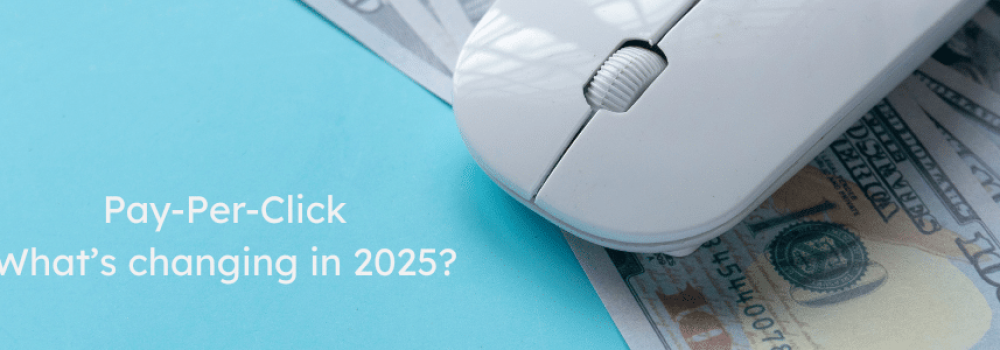In 2025, pay-per-click (PPC) advertising is undergoing significant transformation due to advancements in artificial intelligence (AI) and evolving privacy regulations.
AI is now central to PPC strategies, enhancing campaign automation, targeting precision, and ad personalization. Tools like Google’s Performance Max campaigns have demonstrated improved return on investment by leveraging machine learning to optimize ad placements and bidding strategies. For instance, integrating first-party data with AI-driven PPC campaigns has led to a 15% improvement in lead quality for some businesses.
However, these AI advancements come with increased scrutiny. Governments worldwide are implementing stricter privacy laws, such as the European Union’s Artificial Intelligence Act, which imposes transparency and accountability requirements on high-risk AI systems. In the United States, several states have enacted or are considering their own AI regulations, creating a complex legal landscape for businesses.
In response to these regulatory pressures, advertisers are shifting towards privacy-conscious strategies. This includes prioritizing first-party data collection, utilizing privacy-enhancing technologies, and ensuring compliance with data protection laws. For example, Google’s Privacy Sandbox initiatives aim to balance user privacy with advertising effectiveness by introducing features like the Topics API and Attribution Reporting API.
As AI continues to shape the future of PPC advertising, businesses must navigate the dual challenges of leveraging technological advancements while adhering to stringent privacy regulations. Staying informed and adaptable will be crucial for success in this evolving landscape.

